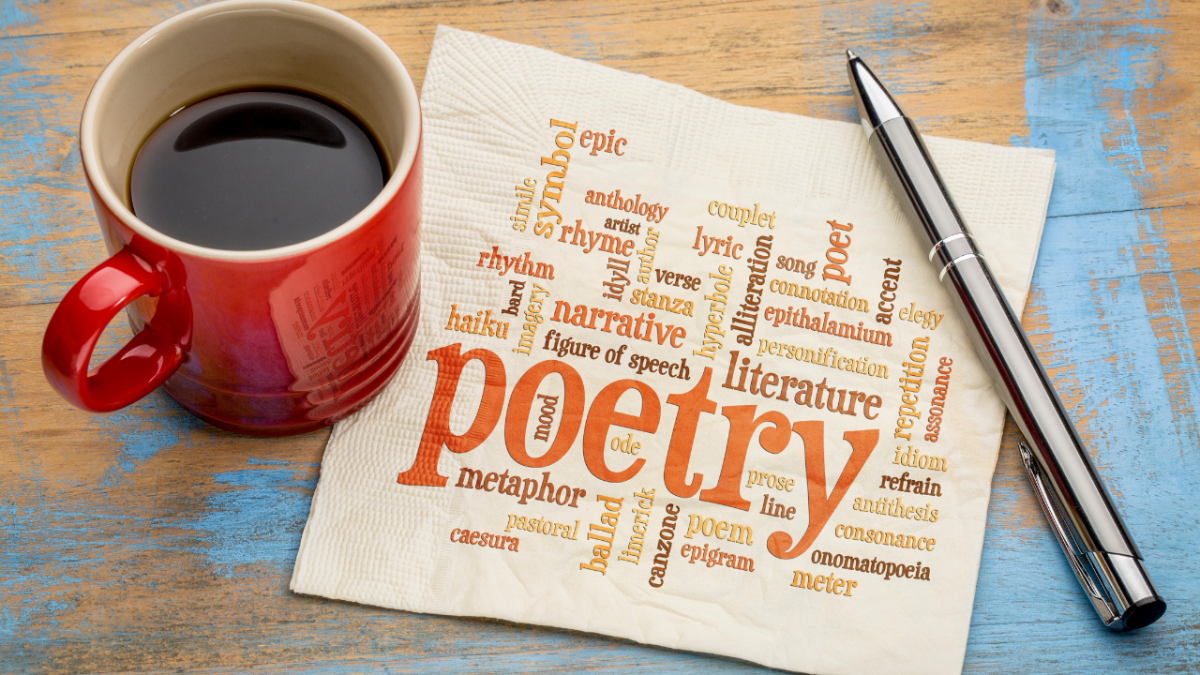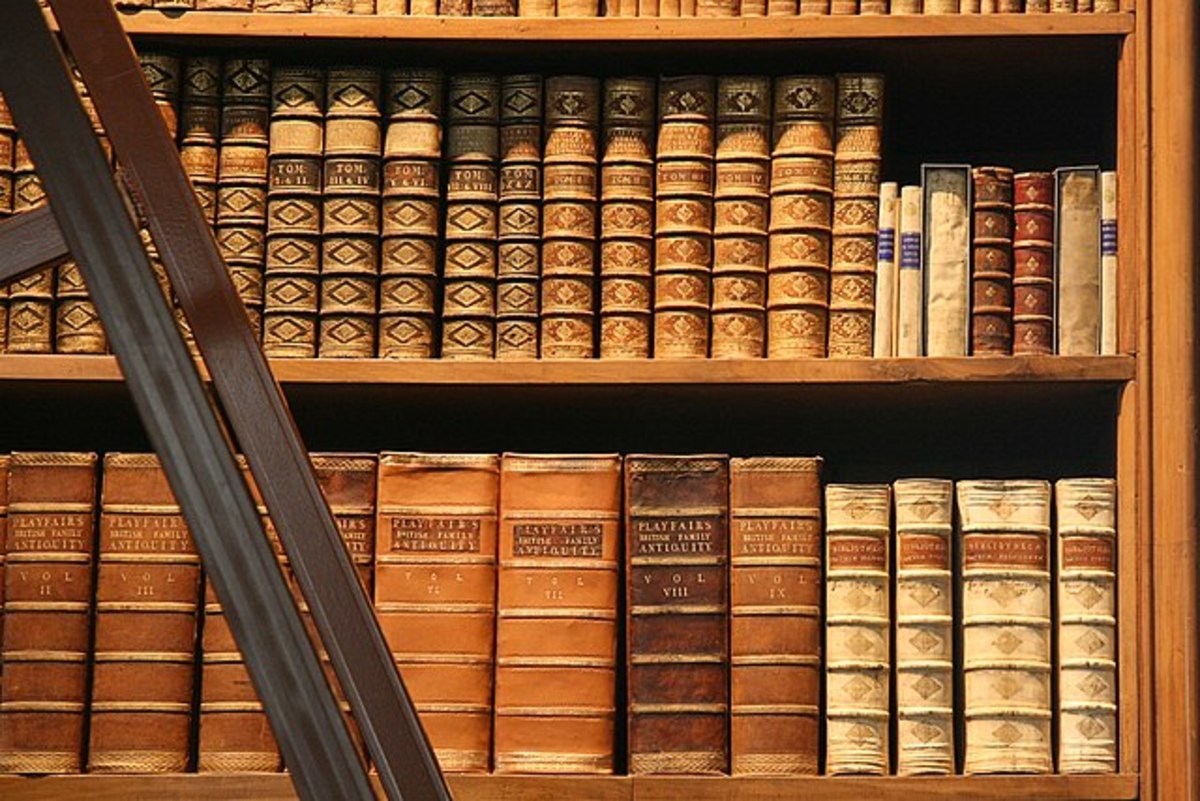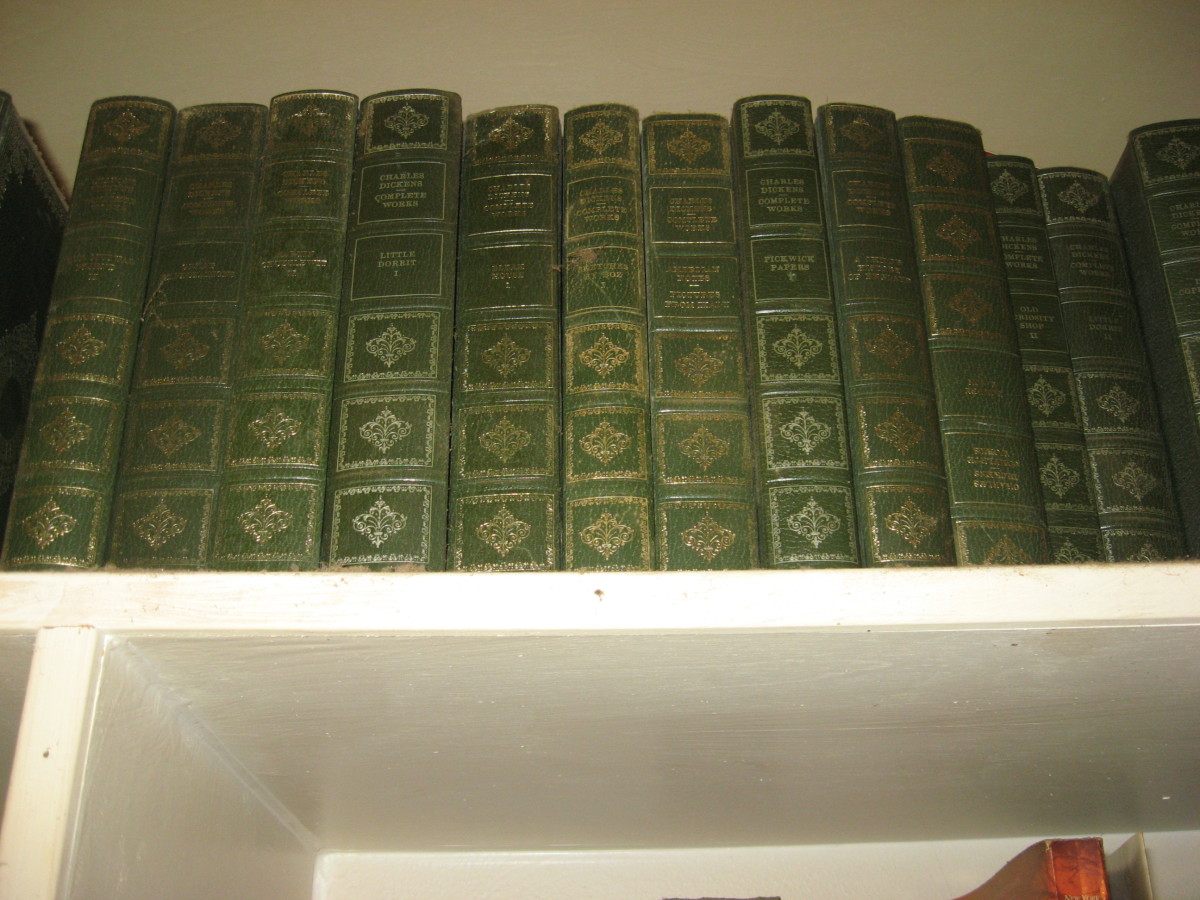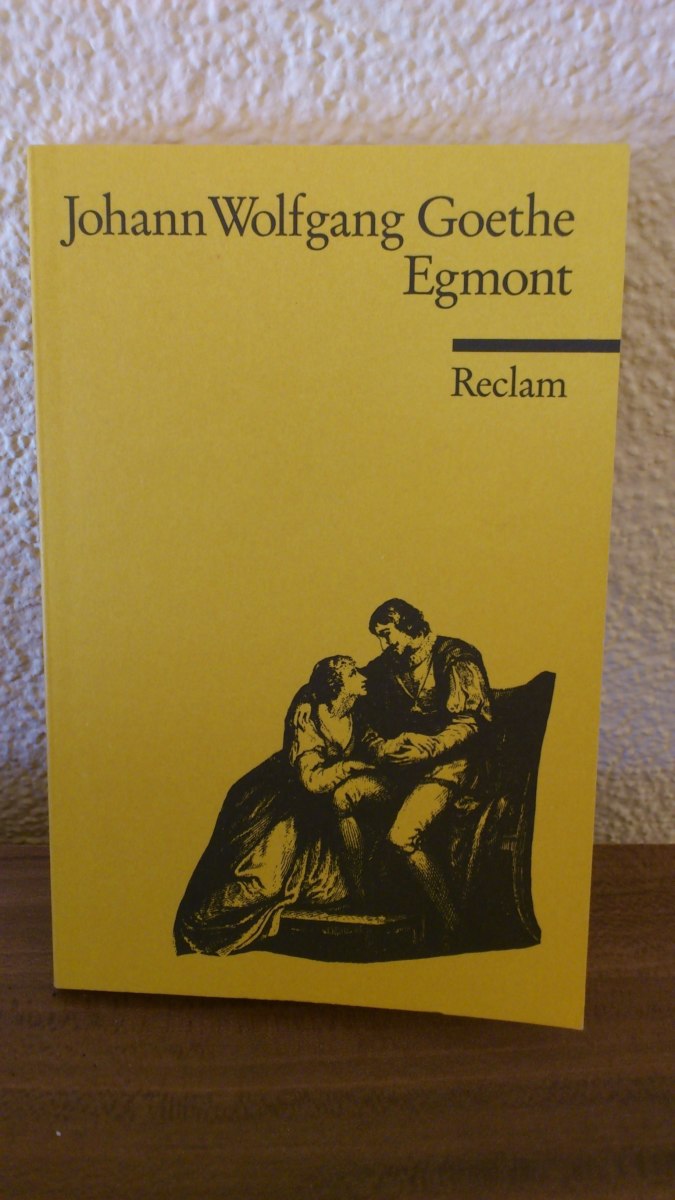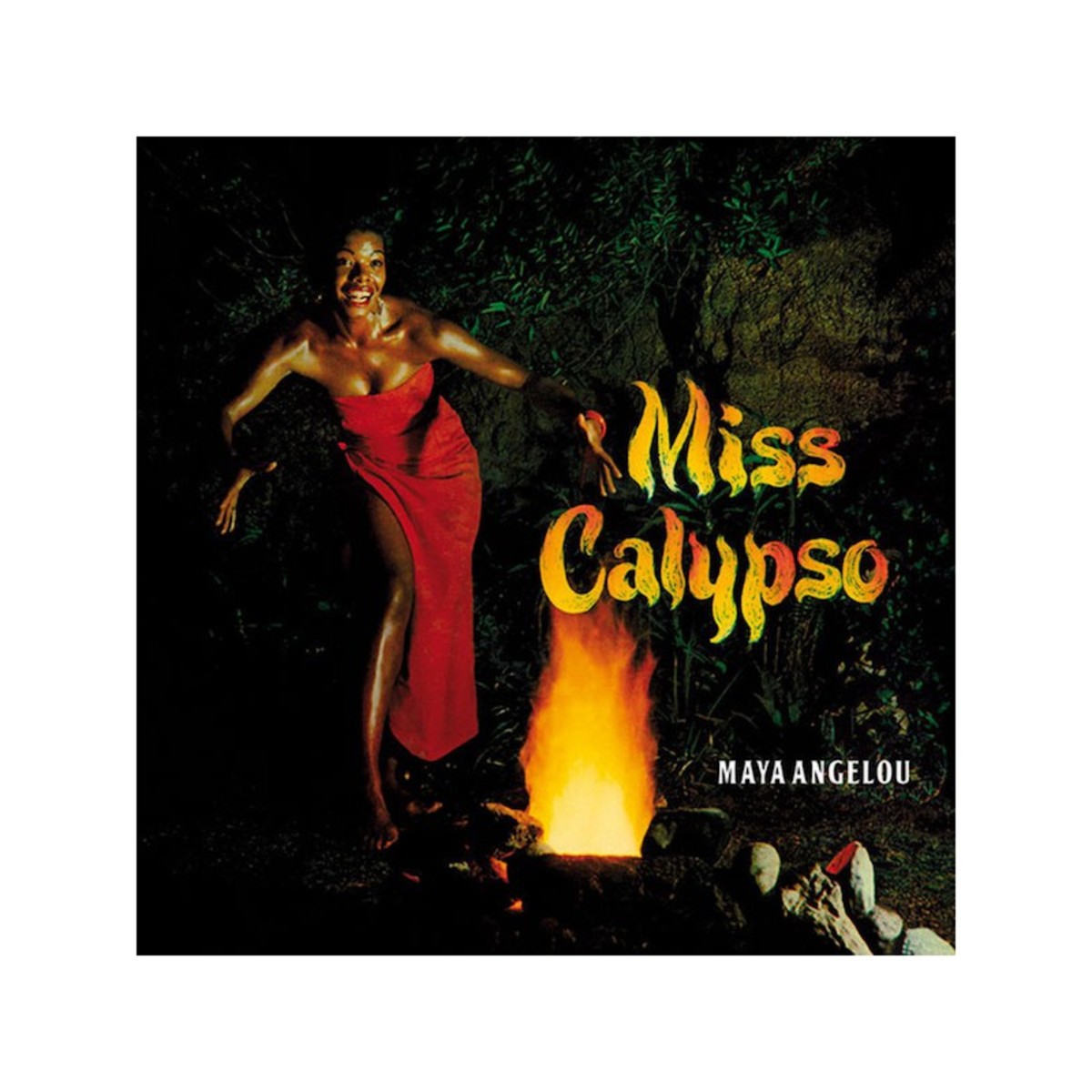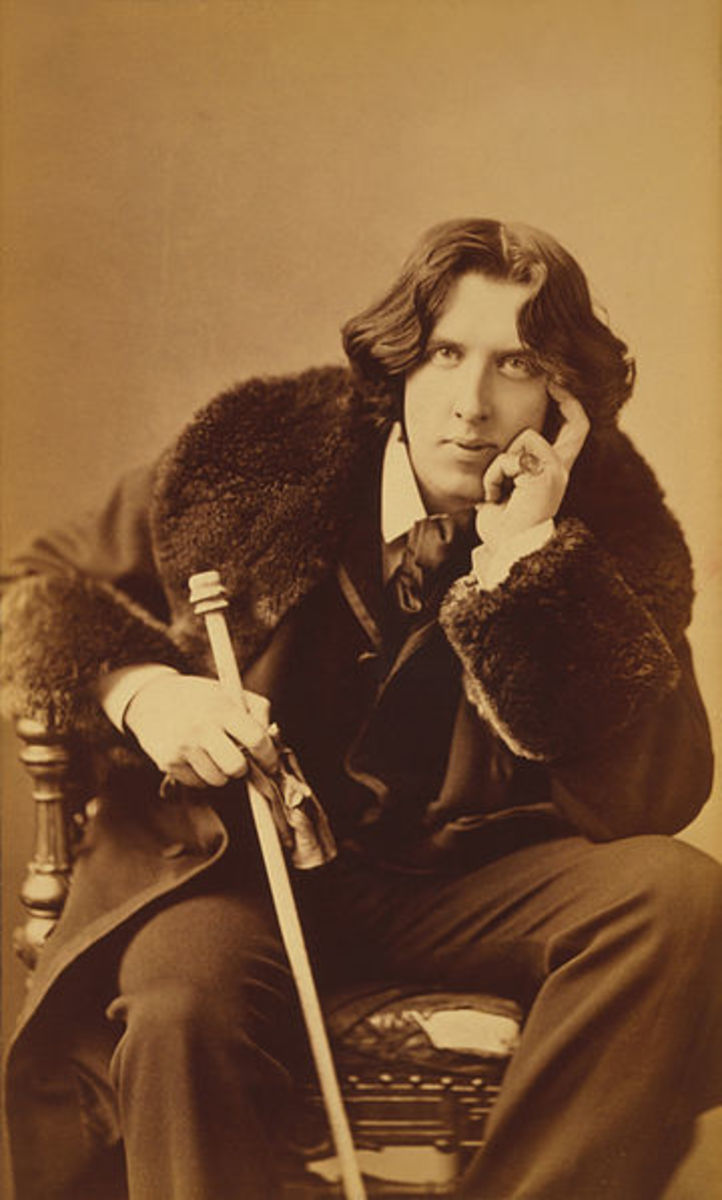(Weimar) Classicism period - the Age of the Literature Geniuses Goethe and Schiller - with Definition, Origin and more
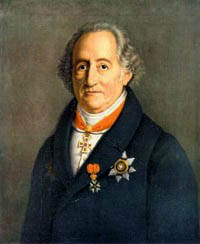
Background information
The classicism period was the one literature age, where one of the greatest plays ever written descends (Goethe’s Faust). It lasted from 1786 to 1832 (Goethe’s death) or 1805 (Schiller’s death) as some people claim. It is the combination of the Age of Enlightment and Storm and Stress. The genius and the sentiment are combined into a harmonic existence in order to be complete, to reach the perfect and highest state. Classic means (here) harmony, moderate (between the genius and the sentiment), complete in itself, matured and well-balanced in form and content. The plays are completed in themselves and stand for themselves (autonomous). Logically, such a thing sounds perfect in theory, but cannot be achieved in real life, what is another important characteristic of classicism.
The Greek world served as a model for the classic writing, which was indeed unreachable.
Likewise the Greeks, a classic drama has 5 acts, where the first one is the exposition, the second one the preparation, in the third act its peripetia (and climax, but not necessarily is there always a climax), the forth one is the evaluation and the last act the catastrophe. The genius harmonizes with the sentiment in classic plays.
Schiller as a classicist
The two most important writers, Schiller and Goethe, wrote the most influential and challenging plays. That is why there are two writers attacking two different kinds of problems in the classicism.
Schiller was interested in the question of moral and ethical. Schiller’s protagonists often do good things for the good will’s sake and for nothing else and they defy natural forces and doom. The inner freedom and self-determination find expression in his plays as well as the schöne Seele with what Schiller meant: Schöne Seele is the aim of an aesthetical education, perfection of the harmonic humanity through the reconciliation of duty and affinity, of reasoning and sensualism, which is revealed in the outer appearance of grace and dignity.
Goethe as The classicist
Goethe on the other hand sought other things in classicism. He sought the completion. He sought the archetype, which represents itself in a thousand fold diversity (law of the origin). But he derived the conclusion, that such state can never be fully attained, but that the humans must always make an effort to endeavour.
Language during classicism
From a linguistic point of view, classicism uses the language of sentiment (see: storm and stress) and and expression of the age of enlightment. More features are the chorus, hymns, individual, sentimental expression of nature and love lyric and free rhymes.
More Literature
- Romanticism - Definition of the Romantic Era and muc...
Romanticism was parallel to classicism almost. They setting was often dark and mysterious, the protagonist a clumsy but poetical - Storm and Stress (Sturm and Drang) - the Genius awak...
The storm and stress (sturm and/und drang) period was a counter movement to the superficiality of Rokoko, Age of Sentiment and the rationality of the Age of Enlightment. Definition, characteristics, authors and more in this article!

